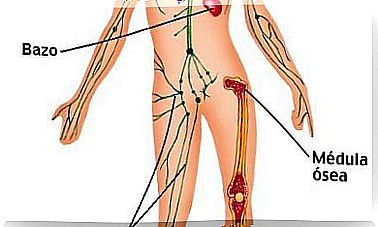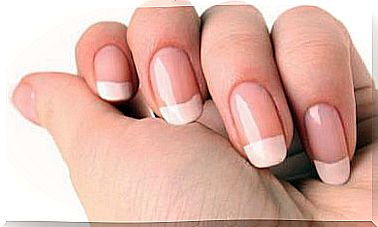6 Tips To Combat Anxiety
How can we combat anxiety effectively? To manage this limiting psychological state, we must become aware of one aspect: it is necessary to generate changes and assume new mental approaches.
Thus, when managing anxiety it may be a good idea to delve into those triggers that originate and intensify it.
To achieve this we always have the specialized and expert help of health professionals. Cognitive-behavioral therapy, as well as relaxation techniques, biofeedback or Mindfulness-Based Cognitive therapy are just some of the therapies that can be beneficial to treat anxiety.
Likewise, and complementing these strategies, we can always carry out other techniques. Normally they will be prescribed by a professional. But here are some tips that could help you fight anxiety.
What are the symptoms of anxiety?

Symptoms of anxiety, as is normal, can vary from person to person. Now, there are always points in common in which we can feel identified. Some symptoms of anxiety could be:
- Concentration problems
- Headaches
- Muscle tension.
- Digestive problems.
- Heart palpitations
- High pressure
- Excessive sweating
- Lack of appetite
- Chest pain
- Difficulty getting to sleep
- Weakness and fatigue
- Muscle pain and tension
- Dilated pupils
It is very possible that each person develops specific symptoms. For example, there will be those who have more physiological anxiety (palpitations, tremors, sweating …), those who have more cognitive anxiety (worries, lack of attention and memory).
Also those who have more emotional anxiety (outbursts of anger, irritability, crying, etc.) or, finally, a mixture of all of them.
Fighting anxiety: internal techniques

Techniques to combat anxiety can be divided into two: internal and external. Medication or food, for example, are external, while physical exercise or meditation are internal.
Thus, it is important to bear in mind that both approaches are essential to reduce and better manage these types of conditions. Moreover, from psychology our ability and ability to make use of internal techniques is valued above all else.
Let’s look at some examples.
Emotional management
Emotional management has several objectives, which we should start practicing as soon as possible. These would be some strategies:
- Identify and name each sensation, emotion and thought that we experience: what I feel right now is it fear, is it anguish, is it worry?
- Every felt emotion cannot be repressed. What worries, bothers or worries us should be handled as soon as possible. We must not leave for tomorrow what bothers us today.
- Channel. When it comes to fighting stress, we must learn to channel emotions, look for channels to release them. Exercise, art, or even spending time with friends can help us.
Meditation and breathing techniques
Practices such as yoga or Mindfulness are very suitable to combat anxiety. Studies such as the one carried out at Boston University show us that these resources are effective for disorders of this type.
- They help us to focus on the present moment to make contact with our own needs.
- They combine meditation with mindfulness and deep breathing.
- It is necessary first of all that we are constant to begin to experience changes.
Thought control
When we suffer from anxiety, thinking changes: it becomes negative, repetitive and obsessive.
- We must therefore have more control over him, be aware of his debilitating voice, of his exhausting focus.
- Every time our mind drifts into this negativity, we will stop it and redirect those reasonings towards more positive and constructive aspects.
Fighting anxiety: external techniques
Foods to combat anxiety
Nutrition is essential to reduce the impact of anxiety. Thus, it is essential that to our internal approaches, be it psychological therapy or yoga or Mindfulness practices, we add a more varied, balanced diet aimed at reducing anxiety symptoms.
These are some examples.
- Whole grains.
- Oatmeal.
- Omega 3 fatty acids such as salmon, chia seeds, shellfish, walnuts …
- Vitamins of group B, such as legumes, eggs, brewer’s yeast and nuts, mushrooms …
- Foods rich in magnesium.
- Fruits rich in vitamin C.
Sound therapies
Sound therapies are based on the application of certain music and auditory stimuli capable of generating relaxation in our brain and mind. Therefore, we can start in this type of practice through:
- White sound.
- Sound of rain.
- Songs of birds, whales …
- Music with relaxing instruments
Rest times, quality time with yourself
To combat anxiety it is vital that we learn to manage time. This implies distributing it in such a way that we have at least two hours to ourselves each day.
Those hours will be ours alone. We can practice our favorite hobbies, rest, think and even do nothing if we want to.
Likewise, trips, weekend getaways and knowing how to authentically disconnect from our daily pressures is key to notice improvement and better manage our emotions.
To conclude, if we want to combat anxiety, we need to make changes. It is always advisable to consult with specialists in this field, they will offer us very suitable psychological strategies to advance in a more positive way. If the techniques we describe here do not work for you, we recommend that you go to a mental health specialist.









